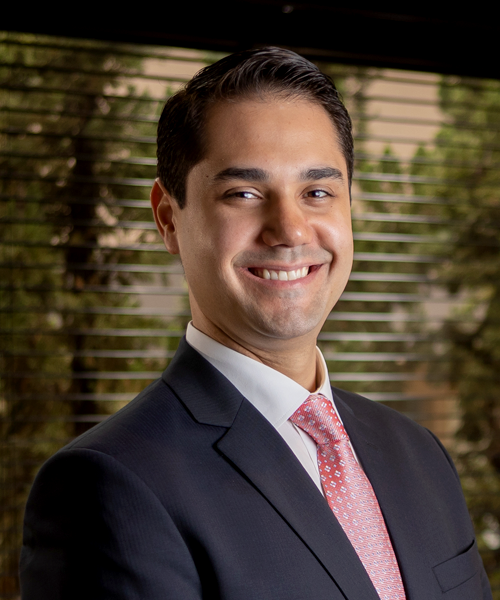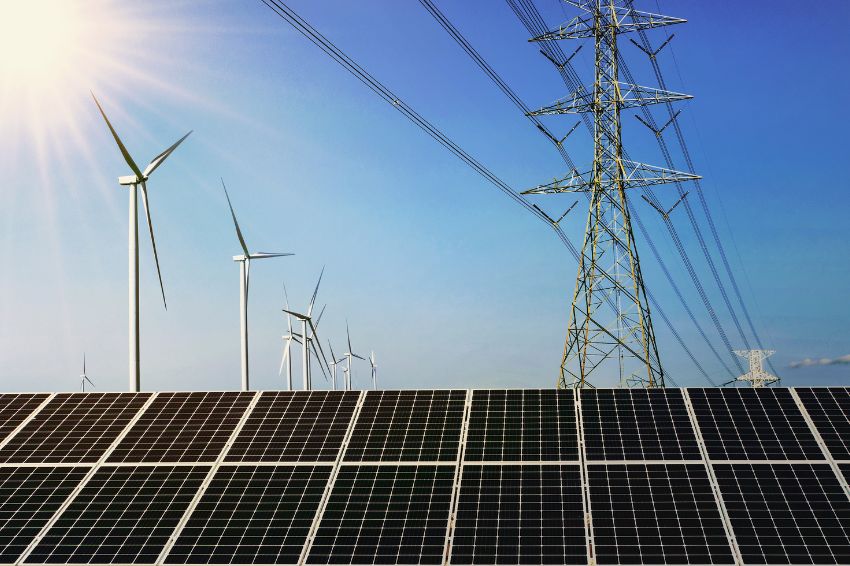Agendas related to the energy transition in Brazil have gained prominence in the business sector, with indicators guiding investments and business incentives.
This is what the study carried out by the PSR consultancy in collaboration with companies associated with Cebds (Brazilian Business Council for Sustainable Development) points out.
A strong point must be attributed to the actions of companies that make it possible expansion of the Brazilian electricity sector via the renewable energy, and focusing on low carbon for the next few years.
However, as it is a highly regulated system, there are some challenges to effectively putting the energy transition into practice, having, for example, standards that can accommodate new energy generation models for the installation of offshore (marine) wind farms or green hydrogen factories.
In addition to this, there is also the power to legislate on the subject, which is still under discussion about the possibility of municipalities dealing with this matter.
An example of this was the distribution, by the Rede Sustentabilidade Party, of ADIN (Direct Action of Unconstitutionality) no. 7,332, under the rapporteurship of the minister Dias Toffoli, against Santa Catarina Law No. 18,330/2022, which established the State Fair Energy Transition Policy and the Fair Energy Transition Hub in the South of the State.
According to the Rede Party, this law, despite providing for a supposed energy transition plan, in reality reveals itself as a mechanism that only serves the economic interests of the coal production chain, aiming to postpone the inevitable end of the use of this fossil fuel.
This norm would violate the fundamental right to an ecologically balanced environment and establishes in its art. 6th that the fair energy transition will consist of strategic and programmatic guidelines for the economic and social development of the State, on a sustainable basis and with low greenhouse gas emissions, aiming to achieve the objectives of sustainable development, in order to be an instrument contribution to meeting global commitments.
Initiatives are also planned such as supporting productive investments in small and medium-sized companies and encouraging the retraining of workers, as well as actions aimed at promoting the use of clean energy sources and the creation of new companies.
In the Network's assessment, the standard invades the Union's exclusive legislative competence to legislate on energy, and transposes the institute's objective by benefiting its own coal energy chain.
Among the main arguments of the Rede Party are the increase in expenditure without competence and without provision for funding, since Law 18.330/22 would cause a questionable increase in public expenditure, without, however, indicating the corresponding source of funding available to meet the new charges generated with the creation, structuring and maintenance of the Council, constituting an additional burden.
Furthermore, the insertion of an exclusion from environmental liability, by issuing a normative act with general regulation on liability for environmental damage, and by the text, would create an exception on environmental liability. Therefore, state legislation could not provide for an exclusion from liability.
ADIN is still in its infancy, but it will certainly serve as a paradigm for other possible state laws that aim to address the issue, notably due to the relevance of the matter and regulation of the energy sector and the business sector as a whole has high expectations regarding the desideratum of this action. , especially due to investments in the sector that depend on the Public Power to regulate and provide a minimum of legal security to investments.
The opinions and information presented are those of the author and do not necessarily reflect the opinion of Canal Solar.















